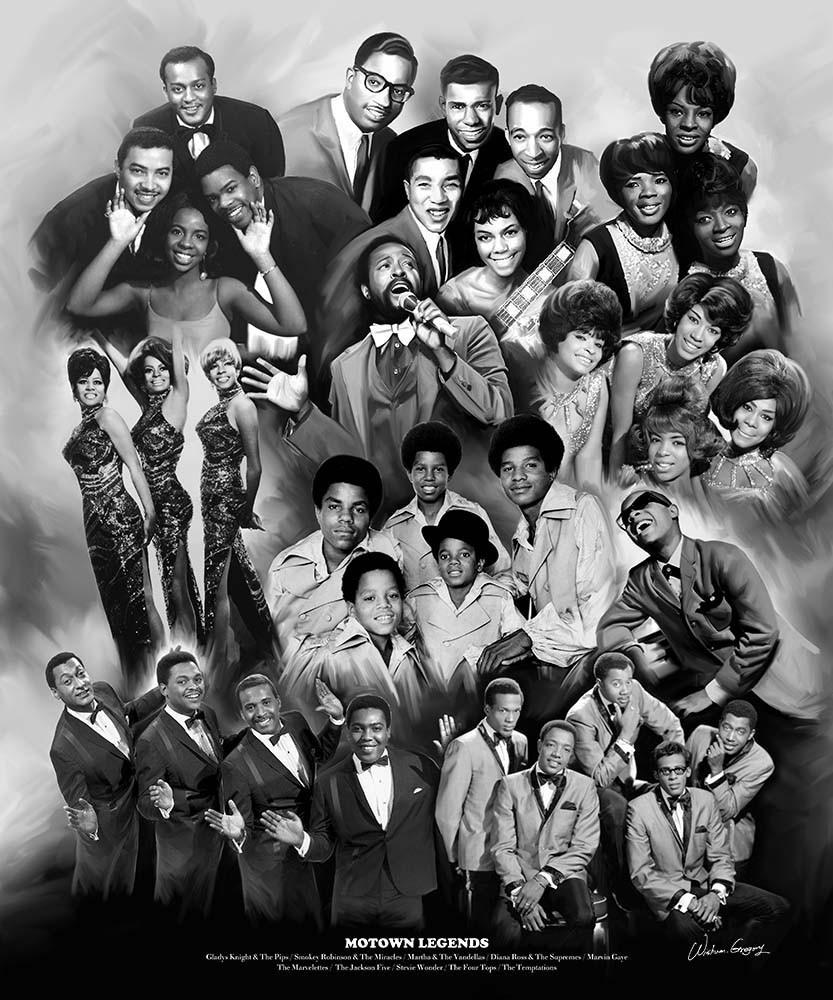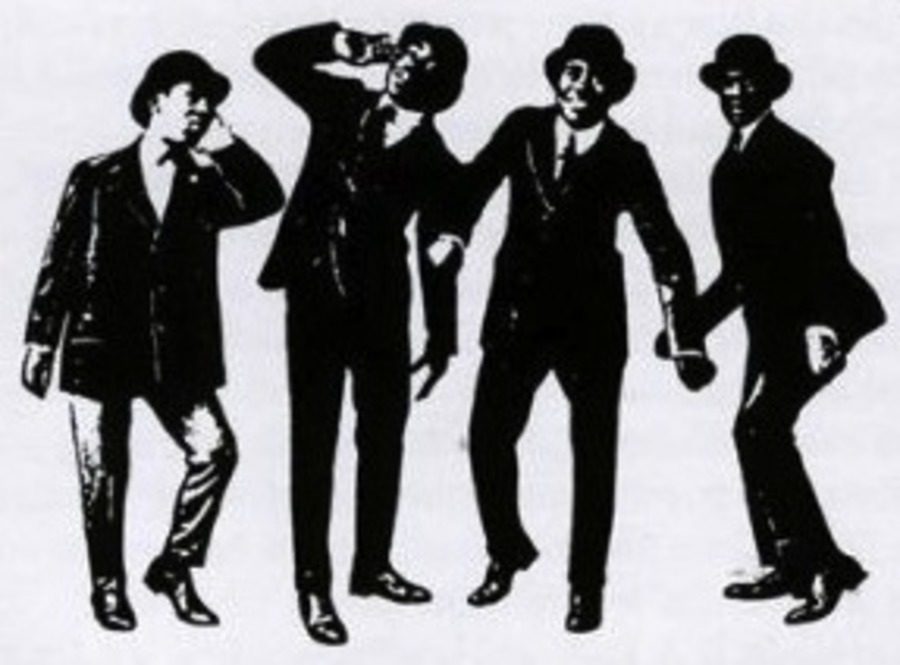What is comodification?
Commodification is a process that tasks a specific object with economic or social value. In music, commodification is music produced solely for making money, not for the artist’s uniqueness or hearing new tunes. This process affects many African American artists and has caused tribulation.

How did it begin?
During slavery, negro spirituals saw the first attempts at commodification. Enslaved Africans have frequently sung songs and produced music to pass the time, worship, interact, and escape dehumanization. When slave owners and white Americans learned about the popularity of such music, they were captivated by the Africans’ ability to utilize music to communicate emotions and varied sounds from various instruments. White Americans were so amazed by the new sound that they composed a negro songbook full of all the African slaves sang and sold it to other White Americans. The slaves that created the original songs never received credit or compensation.

Motown Records is a black-owned American record label owned by the Universal Music Group. It was founded by Berry Gordy Jr. as Tamla Records on January 12, 1959, and incorporated as Motown Record Corporation on April 14, 1960. The ownership of a record company by a Black man signified a substantial shift from the traditions of the American music business. Although Motown created a different space from the industry’s previous tendency of white ownership, white artists and executives continued to gain success at a higher level than Black artists.

The Quartets encountered similar challenges when not getting recognition from white Americans. Many white recording labels often stole the music and style of black quartets. Moreover, white Americans would sell their music to white artists as if they had created it. Many black artists took heed to this and began selling their own music. The most well-known artist is Scott Joplin, also known as “The King of Ragtime.”
Commodification Today
In today’s society, technology can be considered the most typical method of commodification. With a multitude of music streaming services available such as Apple Music and Tidal, monetization of an artist is accessible. Platforms like Spotify have enabled consumers to stream their favorite artists directly from their electronic devices. The radio is another form of commodification used to introduce listeners to new forms of music. Furthermore, social media has played a significant role in providing information about new music since the early 2000s and continues to do so now. TikTok continues to use black creators’ videos without giving them credit. White content creators on the app frequently, if not always, utilize the sounds and songs of Black creators without issuing credit to the Black creator.



